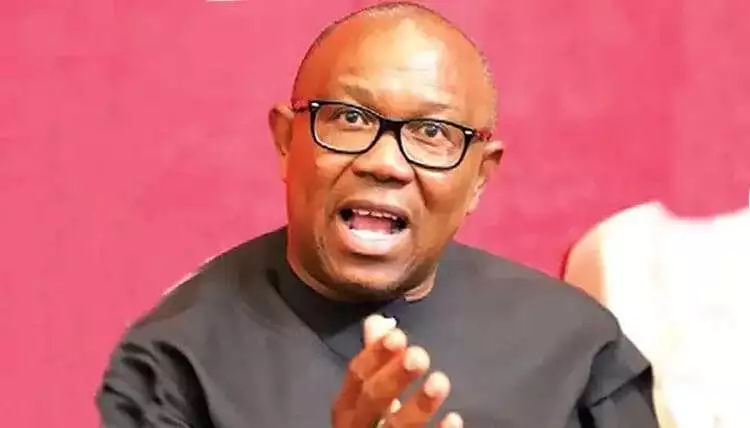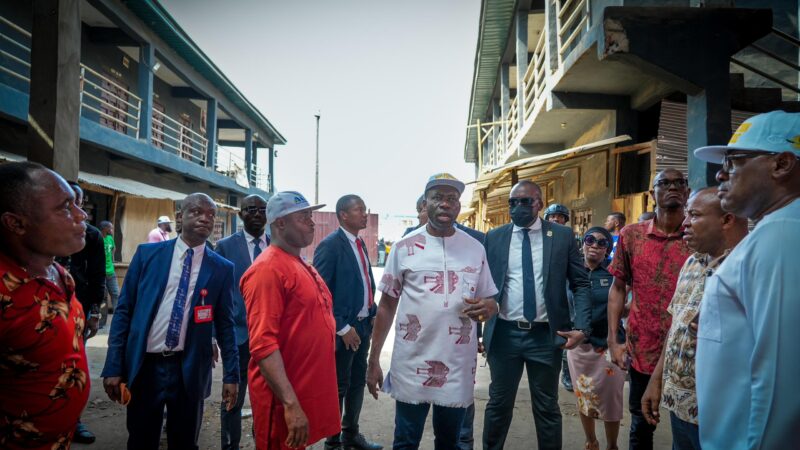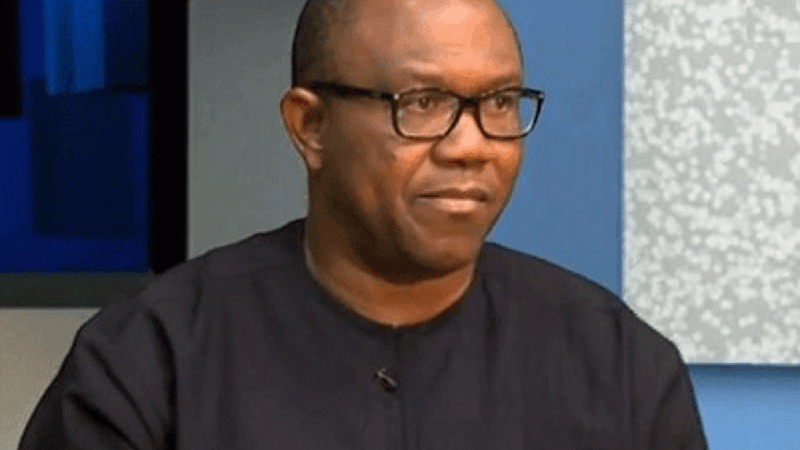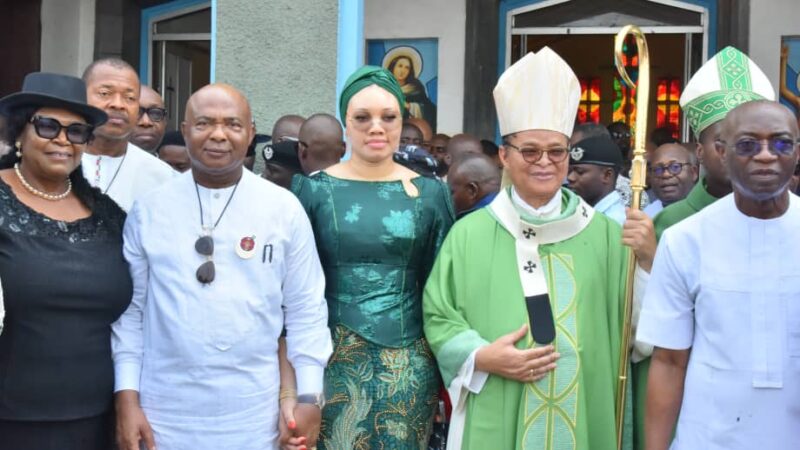2023: Peter Obi Wants To Revive Local Refining, Price Products Strictly In Naira
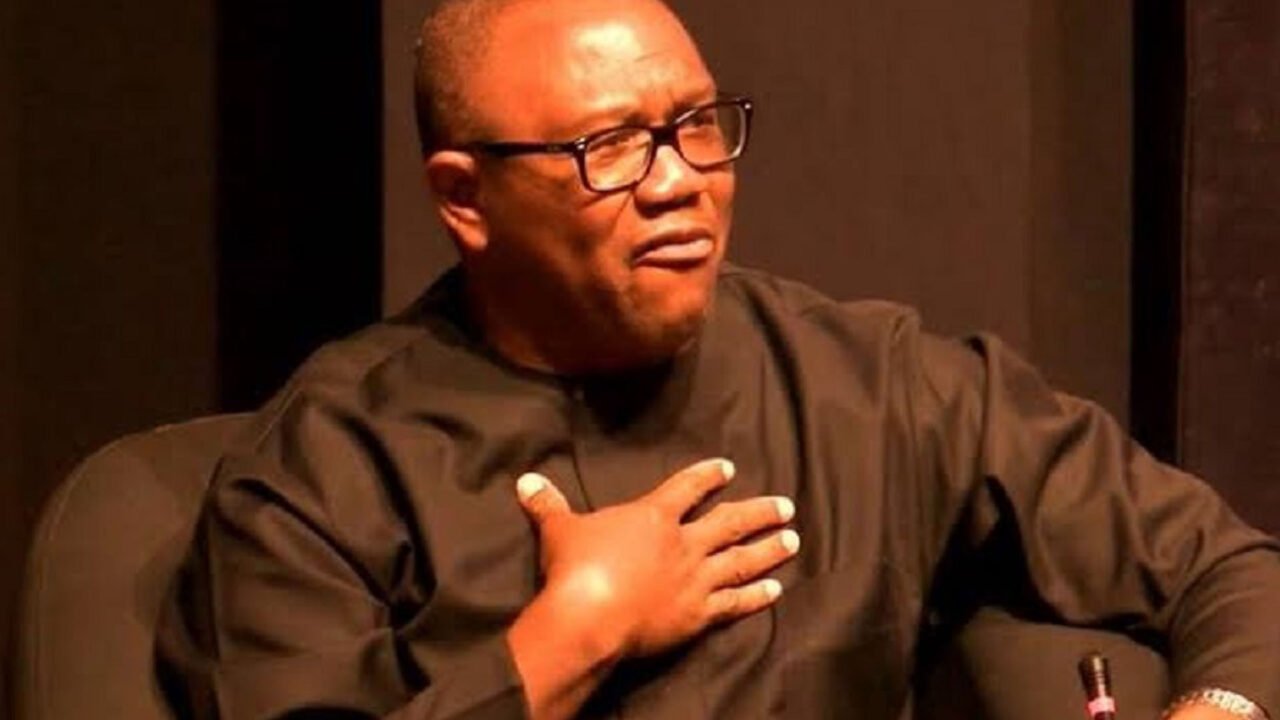
By Omono Okonkwo
Labour Party Presidential Candidate, Peter Obi announced that a part of his plan for Nigeria’s energy sector is to establish local refining capacity, priced strictly in Naira.
Mr. Obi made several statements through his official Twitter account about Nigeria’s energy sector and how he plans to revive it for the benefit of Nigerians.
According to him, his administration will focus on leapfrogging Nigeria from oil dependency to the fourth industrial revolution. He plans to aggressively support the private sector to invest in the power value chain through a multifaceted approach, with a special focus on transmission infrastructure.
He went further to state that while in office, he will vigorously pursue the liberalization of the transmission infrastructure in addition to a robust power mix, embedded with renewable energy. He also said that he will transition all government vehicles from internal combustion engine vehicles to gas-powered vehicles, setting the pace for vehicles to be transitioned.
Driving change in the way Nigeria funds its economy. There will be oil revenue but that will not be the only major revenue source. The World Economic Forum (WEF) defines the fourth industrial revolution as the fundamental change in the way we live, work and relate to one another, enabled by extraordinary technological advances for everyone to harness converging technologies in order to create an inclusive, human-centered future. Nigeria’s youth will be empowered to drive this change.
Challenges in Nigeria’s power sector will be tackled with a special focus on transmission. One of the major challenges in the sector is transmission infrastructure, its inability to absorb more generated power.
Power generation companies are able to generate more than the 5,000MW that Nigeria has been struggling with for many years. But the transmission network is not expanded enough to absorb more than 5,000MW. Mr. Obi wants to make that expansion happen. Renewable energy will also be a huge part of Nigeria’s power mix, especially now that the global energy transition is ongoing.
Transforming internal combustion engine vehicles (ICE) to gas-powered vehicles is already an agenda of the Buhari administration through its “decade of gas” policy, which encourages the use of gas in the domestic market and Mr. Obi intends to implement such an agenda, to increase the country’s domestic use of its natural gas resources.
Increasing oil refining and gas processing capacity priced strictly in Naira may pose a challenge. As industry expert, Kayode Oluwadare told Nairametrics, producers prefer to sell their products to the foreign market so as to earn in US Dollars, as opposed to earning in Naira, which is not as strong as the Dollar. As Nairametrics recently reported, the exchange rate between the naira and the US dollar fell further to a record low on the black market, trading at a minimum of N740/$1.
Nigeria’s power sector is rife with old problems and most have to do with finance, unification of power sector policies, and the sanctity of contracts. Will Mr. Obi be able to get stakeholders to work together to overcome these problems?
Nairametrics reported last month that Nigeria’s debt stock rose to a record high of $103.31 billion as of June 2022. How will Mr. Obi fund the repair of these inactive refineries? Will he borrow more money? Nigerians have been made to believe that the country is broke, so, how will his administration fund the repairs?
Mr. Peter Obi has bold plans for Nigeria’s energy sector. However, he will face some pushback in his quest for a liberalized power sector and a functional oil sector, which will aid the improvement of Nigeria’s currency through the domestic usage of natural gas as well as domestic refining. Getting stakeholders in the energy sector, with varying interests, to work together could be a difficult venture. However, if policies are unified and implemented, maybe the country could fully benefit from its vast oil, gas, and renewable energy resources. Nairametrics



